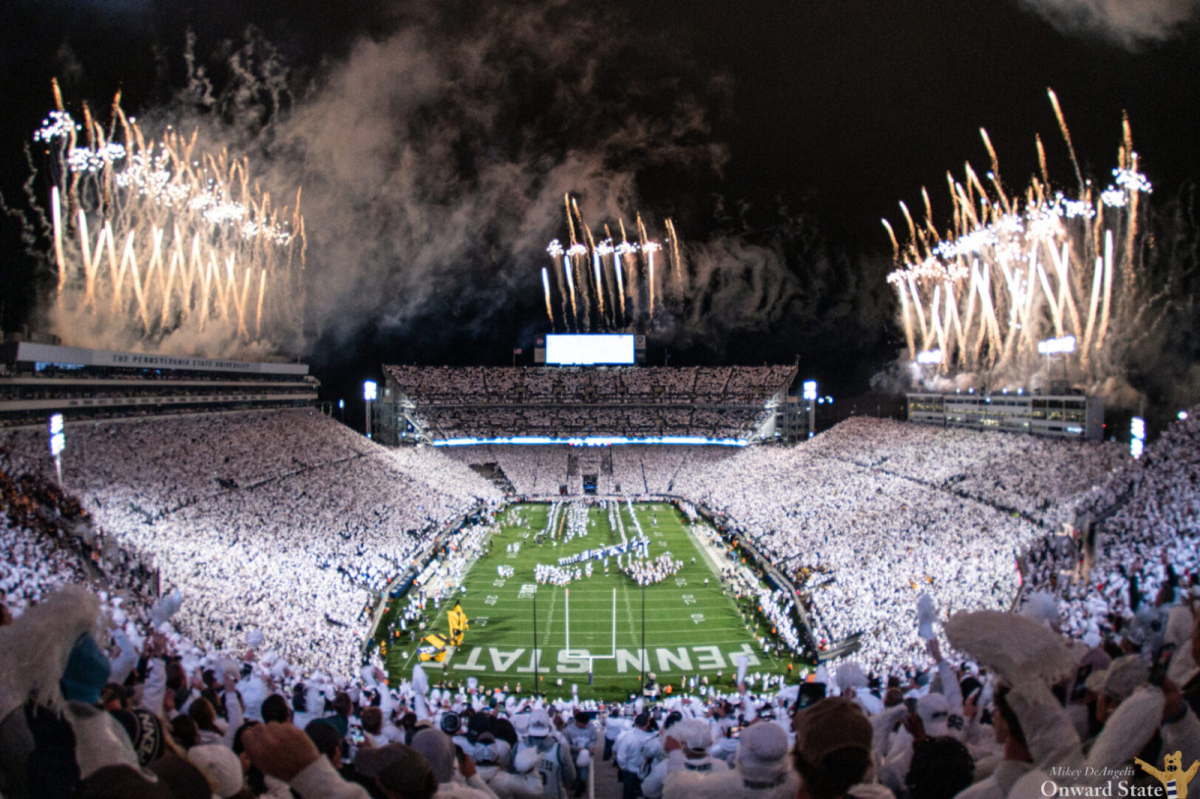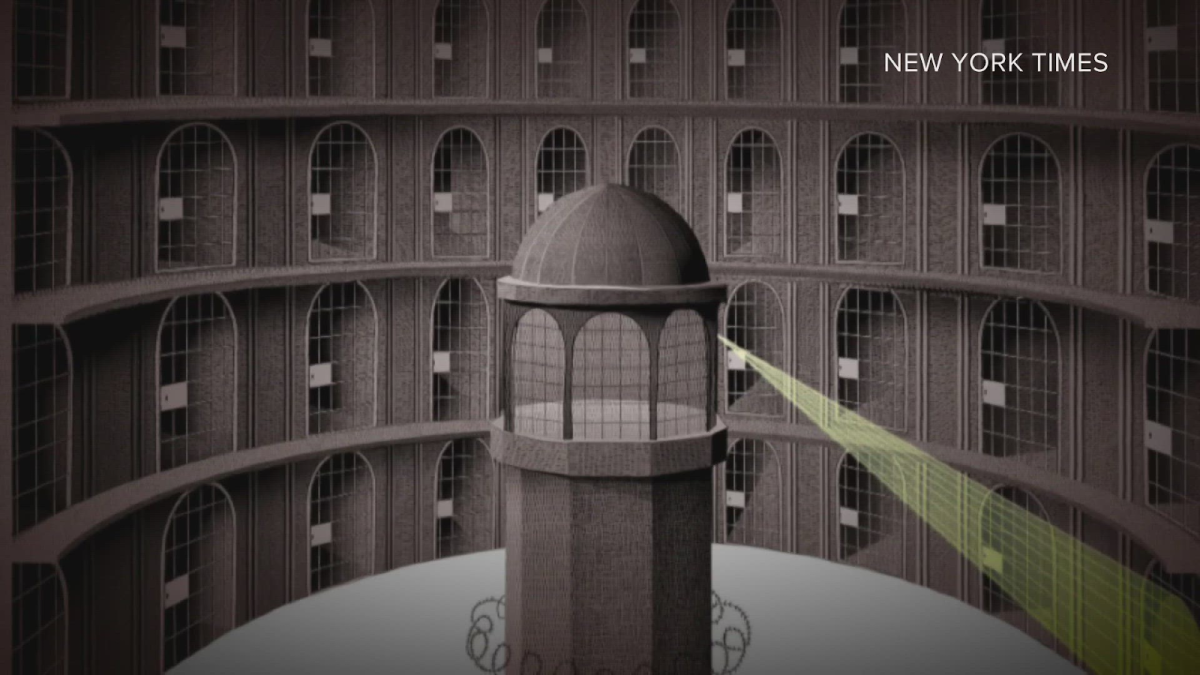After the ongoing government shutdown began on Tuesday, October 1, most government services shut down, including all of the national parks, which are managed by the National Park Service (NPS), which is part of the US Department of the Interior. The parks have been closed to the public, and the only employees on the sites are security staff and employees vital to the preservation of national monuments and parks. On Friday, October 11, the Interior Department announced that they offered states the option to pay for their national parks directly, without any funding from the federal government. Later in the day, several states announced that they came to agreements with the Interior Department.
In New York, Governor Andrew Cuomo announced on Friday that his state had come to an agreement with the NPS to reopen the Statue of Liberty, at the complete expense of the state. Operating the Statue of Liberty will cost New York State approximately $61,000 per day. Cuomo commented, “As the shutdown continues, we cannot afford to lose the thousands of visits to the park each day. So while the dysfunction and gridlock in Washington D.C. has failed to keep this important state asset open, New York is stepping up to take over this responsibility.”
In Utah, the first state to announce the deal with the federal government late Thursday evening, Governor Gary Herbert agreed to pay the NPS a maximum of $1.67 million over a period of ten days to keep eight Utah national parks open. This covers all employees and operating expenses needed to run the parks. If the shutdown ends before the end of the agreement, the NPS will pay the state the remainder of the funds.
Arizona paid the federal government $651,000 to open Grand Canyon National Park and provide staff for just one week, with the option of extending it at the end. South Dakota paid $15,200 per day to open Mount Rushmore National Park, and Governor John Hickenlooper of Colorado said that Colorado will pay $362,700 to open all of its national parks, most notably, Rocky Mountain National Park.
With no end currently in sight to the federal government shutdown, these states will likely remain on the hook for these operating expenses. To make matters worse, the Interior Department has publicly said that states will not receive reimbursement for these costs unless Congress passes a specific bill allowing that reimbursement.


























